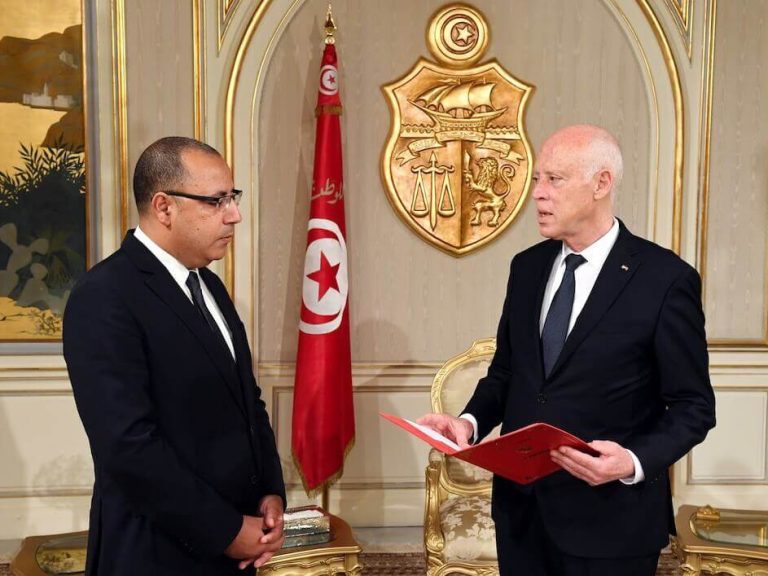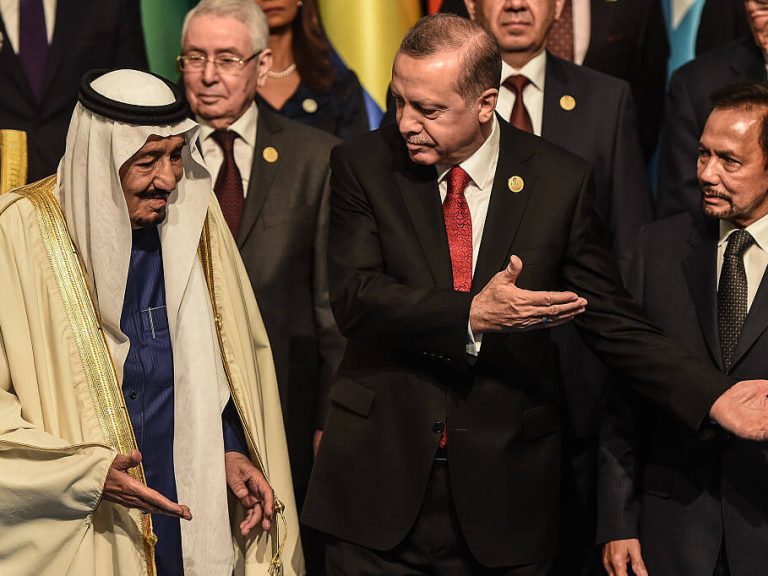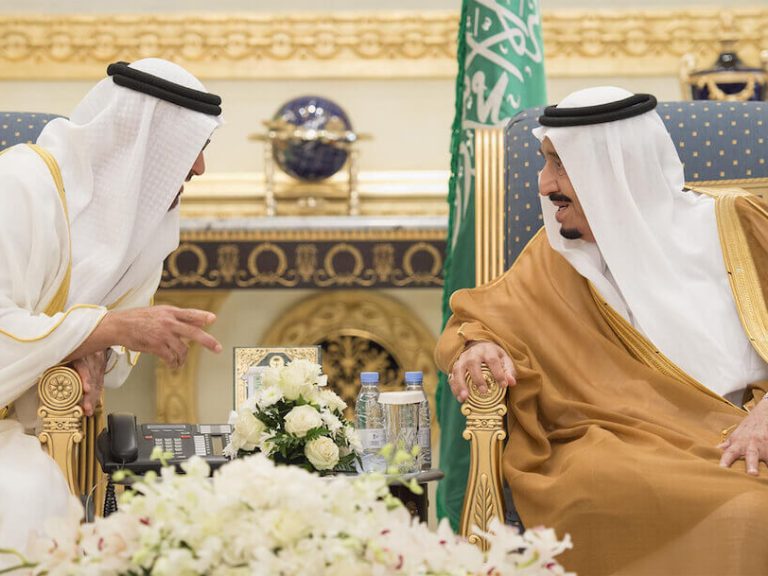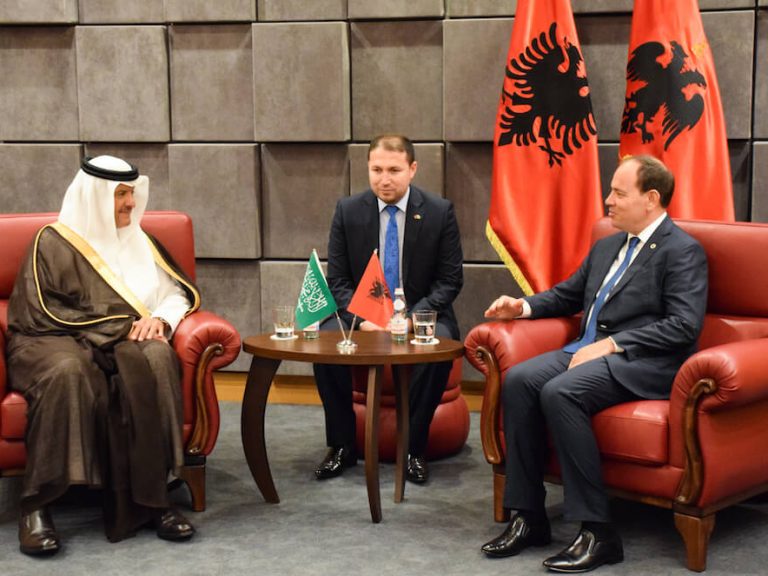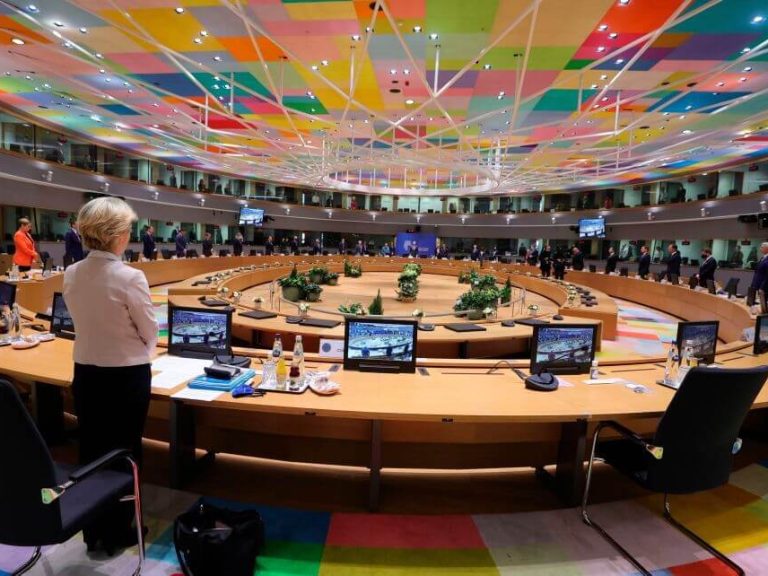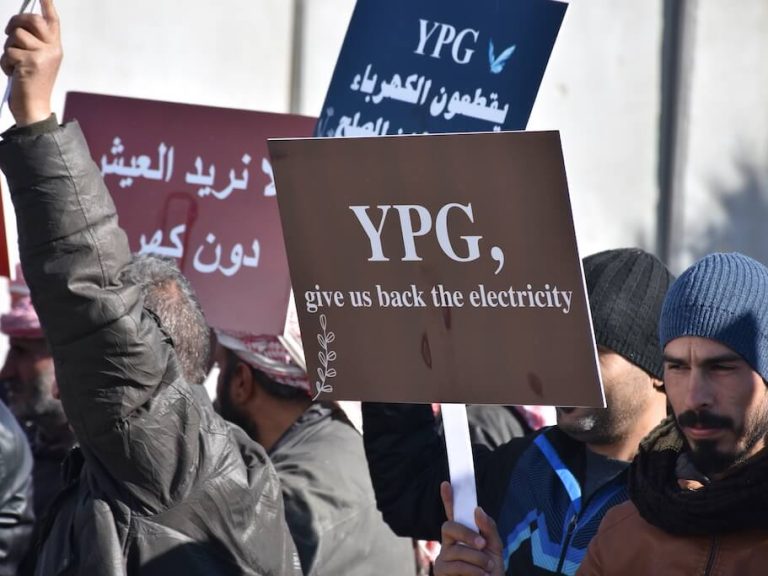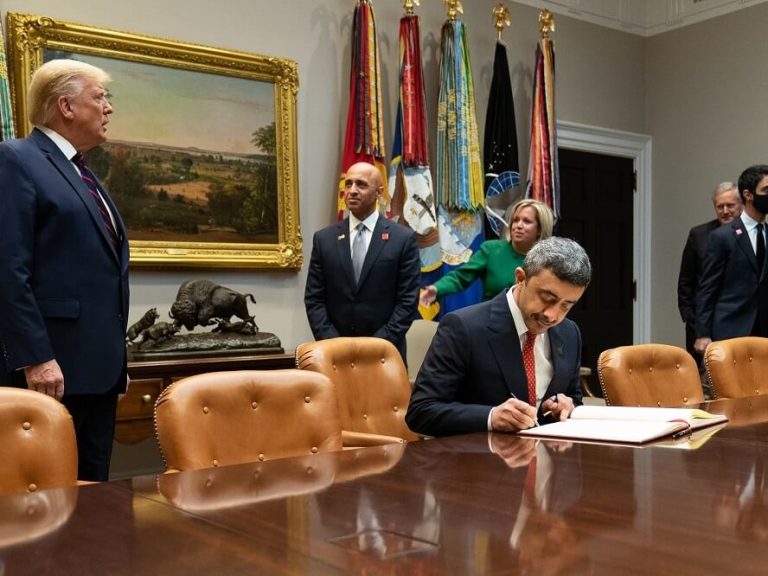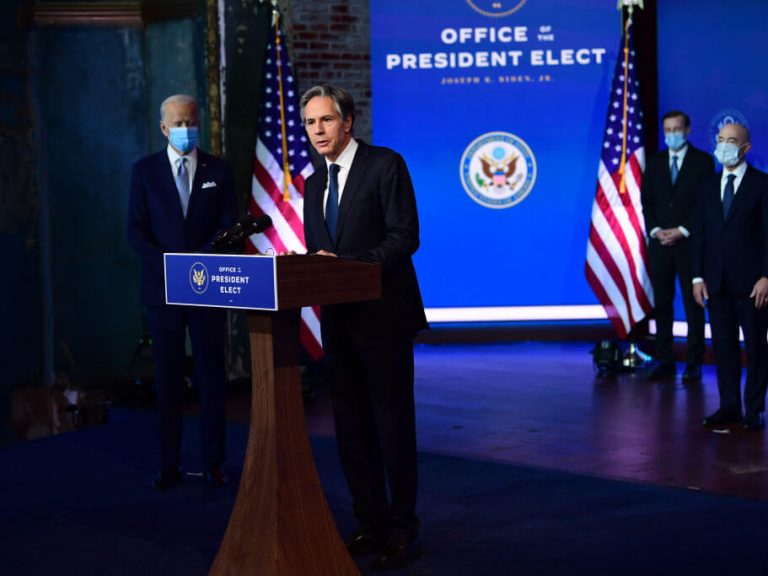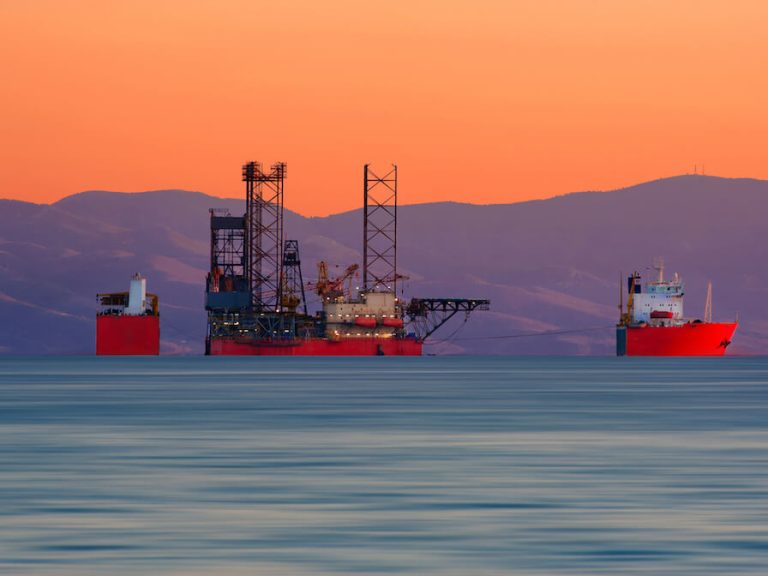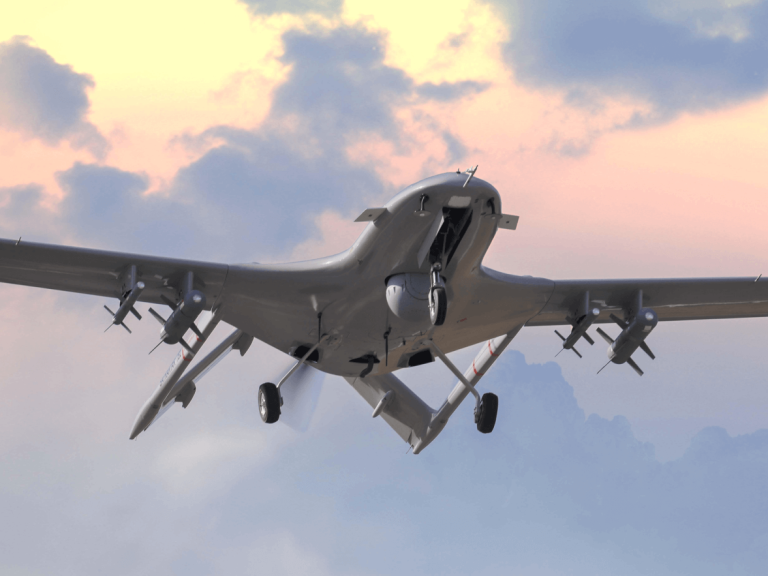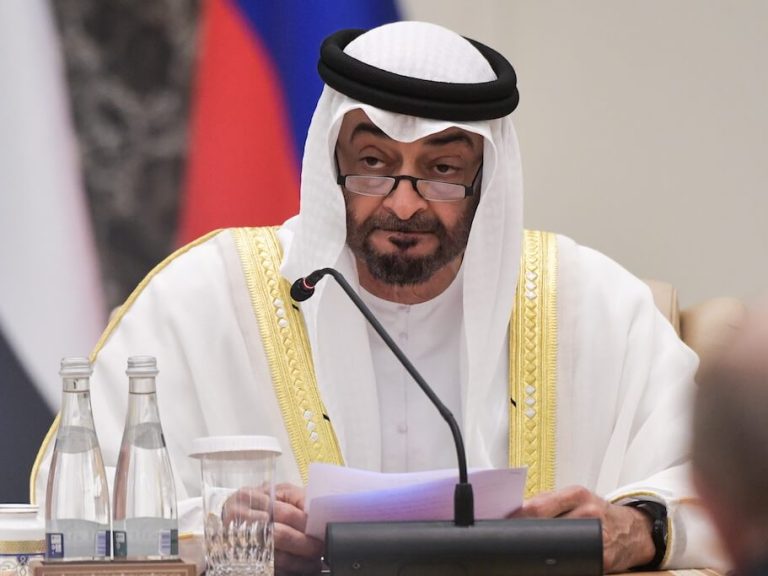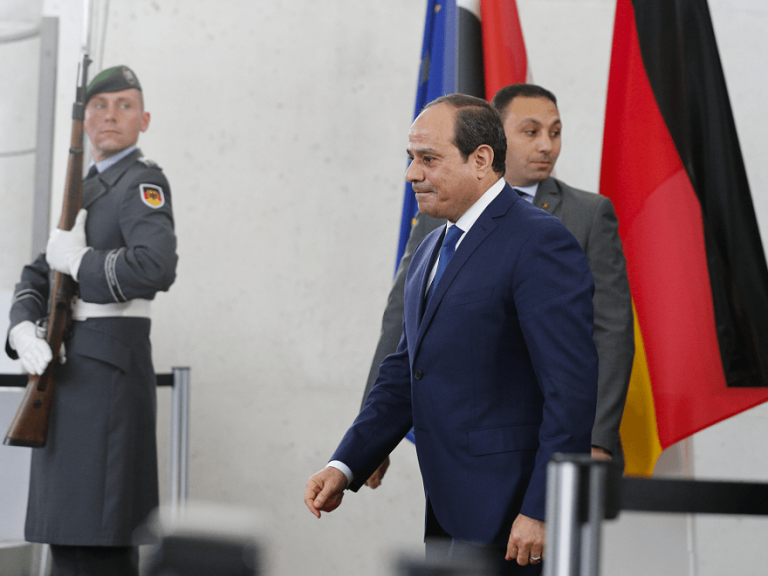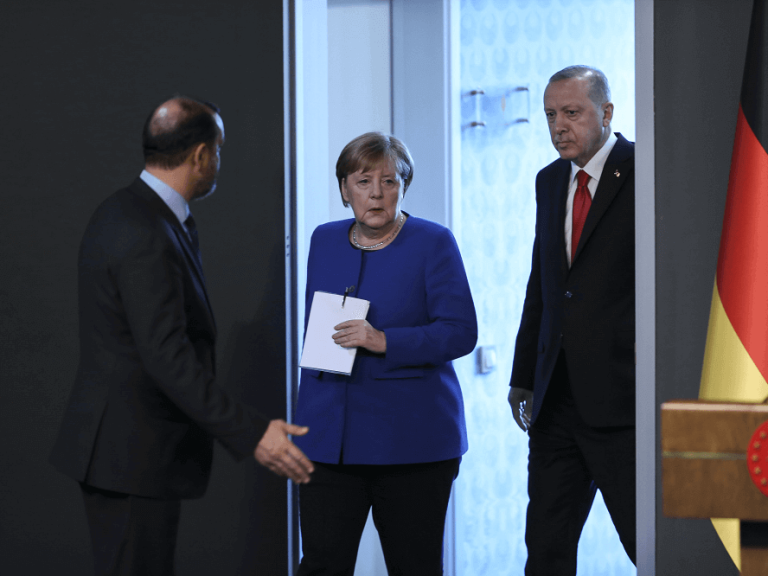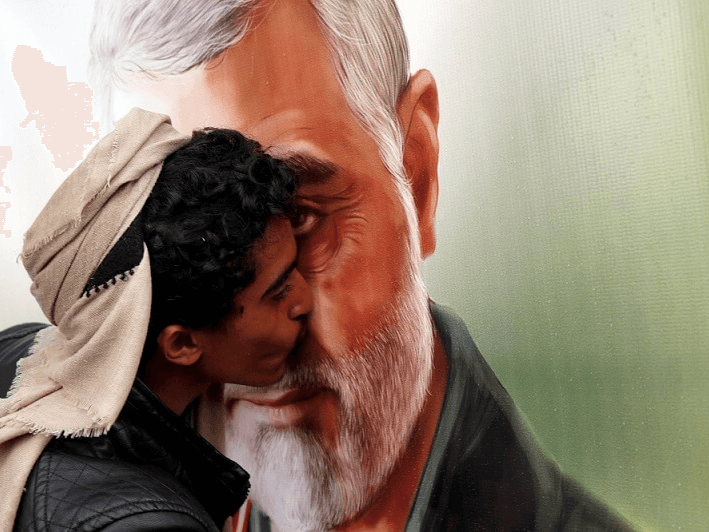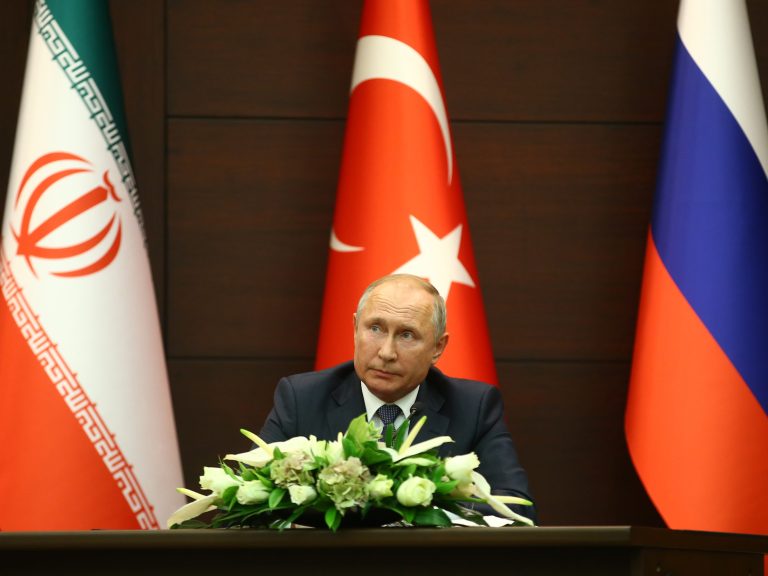He nominated Hillary Clinton as his secretary of state, kept Bush's secretary of defense, Robert Gates, and escalated interventionist policies such as drone killings, war in Libya and more intervention in Syria and elsewhere.
Tunisian Politics at Crossroad with Kais Saied’s Vision of Governance
Saied is understood to support the idea and call for a new system of popular representation, similar to that of popular committees in Libya during the Gaddafi regime, and while details of that alternative system are not clear at the moment, Kais Saied's supporters are absolutely clear in their demand that the entire executive branch be placed in the hands of the president, with the parliament being reduced to a mere watchdog.
Gulf Regional Rift Mended but Will It Extend to Turkey?
The failed coup in Turkey in 2016, the unjust blockade of Qatar in 2017, the Arab duo’s constant support of counterrevolutionary forces in Syria, Libya, and Sudan, and their anti-Turkey stance in the Eastern Mediterranean, have vitiated any chance to recuperate the fraught ties between Saudi Arabia and Turkey.
Genocide as a Label of Choice: Why Some Genocides Are More Equal Than Others
The contrast in the treatment of the uprisings in Libya and Sri Lanka as an illustration of the above, is on point.
Is the UAE-Saudi Political Alliance Sustainable?
Even though it has many weaknesses, the UAE-Saudi alliance remained solid and somewhat unified in regional and foreign policy issues from Yemen to Libya, the hostility towards Turkey, Iran, and Qatar, and the warming relations with Israel.
Modern-Day Orientalists Have Never Understood the Arab Spring
The slogan “Aish, Karama, Hurriya” (Bread, Dignity, Freedom) heralded the end of dictatorial regimes in Tunisia, Egypt, Libya, and Yemen, and, most recently, in Sudan and Algeria.
How Turkey and Saudi Arabia Compete in the Balkans
In addition to the above, the two countries support opposing sides in the Libyan civil war.
Europe Is Not United in Its Motivation to Sanction Turkey
Read: A Turkish-Italian Alliance on Libya?If those were the assumptions, nowadays the relations with the European Union experience growing tensions leading to a mutual crisis of confidence.
Looking Beyond Ain Issa: The Way Forward in North East Syria
Close cooperation between Turkey and Russia has given both nations significant strategic advantages in Libya, Azerbaijan, and Syria.
Search of Turkish Ship on the High Seas Was Illegal
Read: A Turkish-Italian Alliance on Libya?
Another fundamental principle that dominates the legal status of the high seas is that all ships on the high seas (civilian or military, private or state-owned) are subject to the legislative, executive, and adjudicative jurisdiction of the flag state.
Will Biden Upend the Controversial US-UAE Arms Deal?
Given the UAE’s controversial interventions in Libya and Yemen, scores of activists are urging Biden to halt this sale, which “would cause devastating harm to both the people in the Middle East and America's standing in the region”, according to the Democracy for the Arab World Now’s Michael Eisner and Sarah Leah Whitson.
How Will Antony Blinken Handle US Foreign Policy on Syria, Turkey and Yemen?
Since Blinken has never held elected office, it is difficult to discern to what extent his public pronouncements on policy…
Revisiting the East Mediterranean Energy Game: What Will Change in the Coronavirus Days?
On one hand, the GCA signed so-called EEZ agreements with Israel, Egypt, and Libya without taking the consent of the TRNC therefore, ignoring the economic, political, and legal rights of Turkish Cypriots, and also unilaterally dividing its so-called EEZ into blocks and inviting energy companies like ENI and Total to explore and drill offshore reserves around Cyprus.
The Drone Warfare Revolution Has Arrived
Notably, in 2019-2020 the long-running Libyan civil war became dominated by drone warfare, which largely superseded sporadic and costly strikes from manned aircraft.
How the UAE’s Lobbying Instrument Works Abroad
In recent years, the UAE has accelerated its lobbying in order to limit the influences of Turkey, Qatar, and Iran in the Middle East, and to receive support from the international community for its political and military engagements in Yemen and Libya.
Despite Withdrawal, Medal for Sisi Only Exposes Lack of Credibility
ermany’s foreign policy has gained global attention these days because of its efforts in the context of the Libyan crisis.
Old Reflexes and New Challenges for Turkish-German Relations
Turning a deaf ear to Turkey’s legitimate fight against the PKK terrorist organization has the potential to increase tensions, as does disregarding Turkey’s legal rights in the Mediterranean, as seen in responses to the recent case of Turkey’s agreement with the internationally recognized government of Libya.
Regional Vulnerabilities Sharpen in the Aftermath of the US-Iran Escalation
The US military's use of Turkish airspace for its re-supply mission in the Middle East suggests that while the US is actively confronting Iran, Trump won't take any action against Turkey in terms of the latest congressional sanctions against Turkey’s role in Libya.
What Does Russia Want From Syria?
In 2011, Middle Eastern autocracies fell like dominoes and it seemed that Syria would quickly follow behind Egypt and Libya, and that Bashar al Assad would follow Hosni Mubarak and Muammar Gaddafi.
The African Anthropocene: The Making of a Western Environmental Crisis
n Thursday 25 July, two boats carrying more than 300 African migrants capsized off the Libyan coast.

